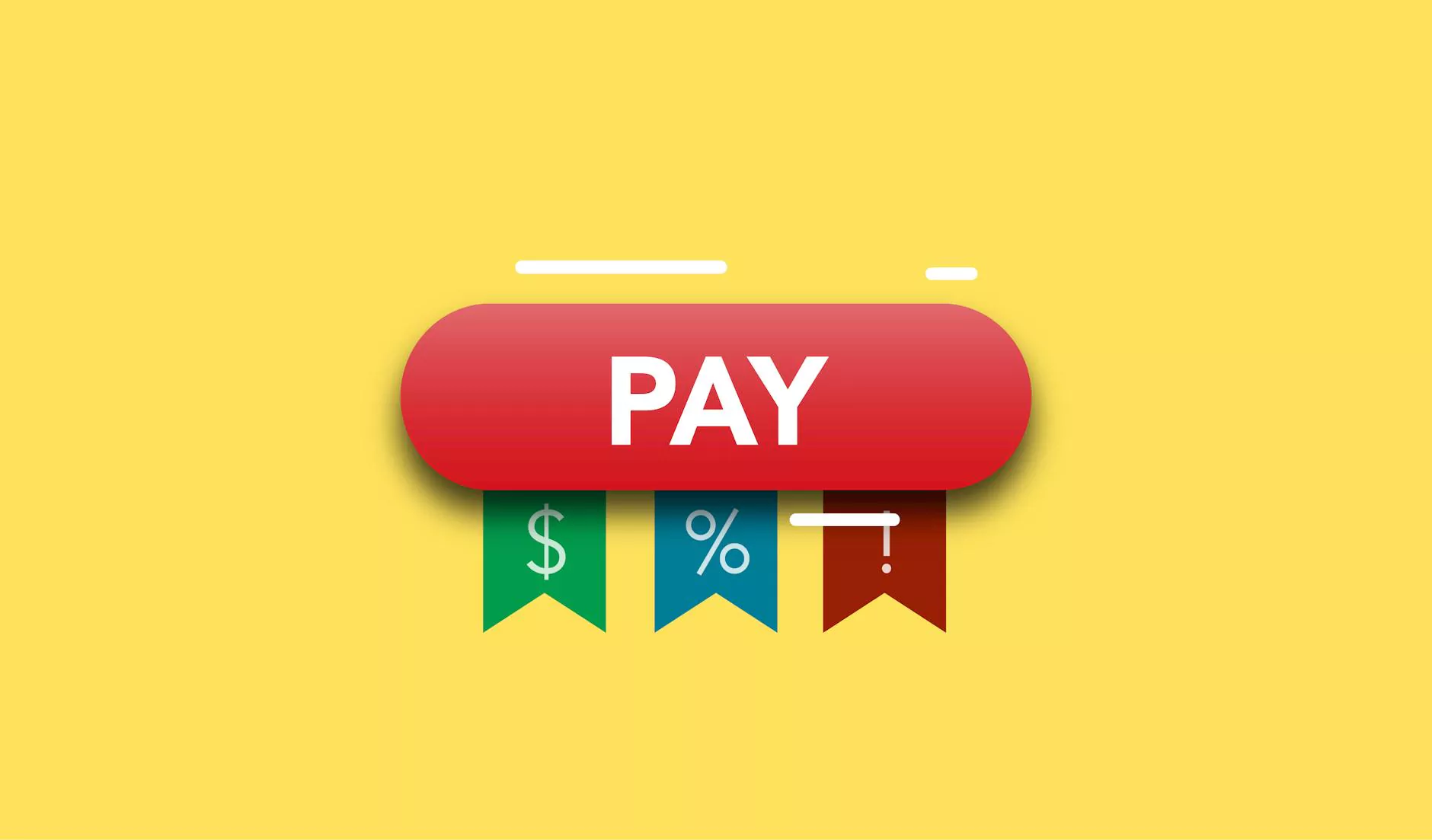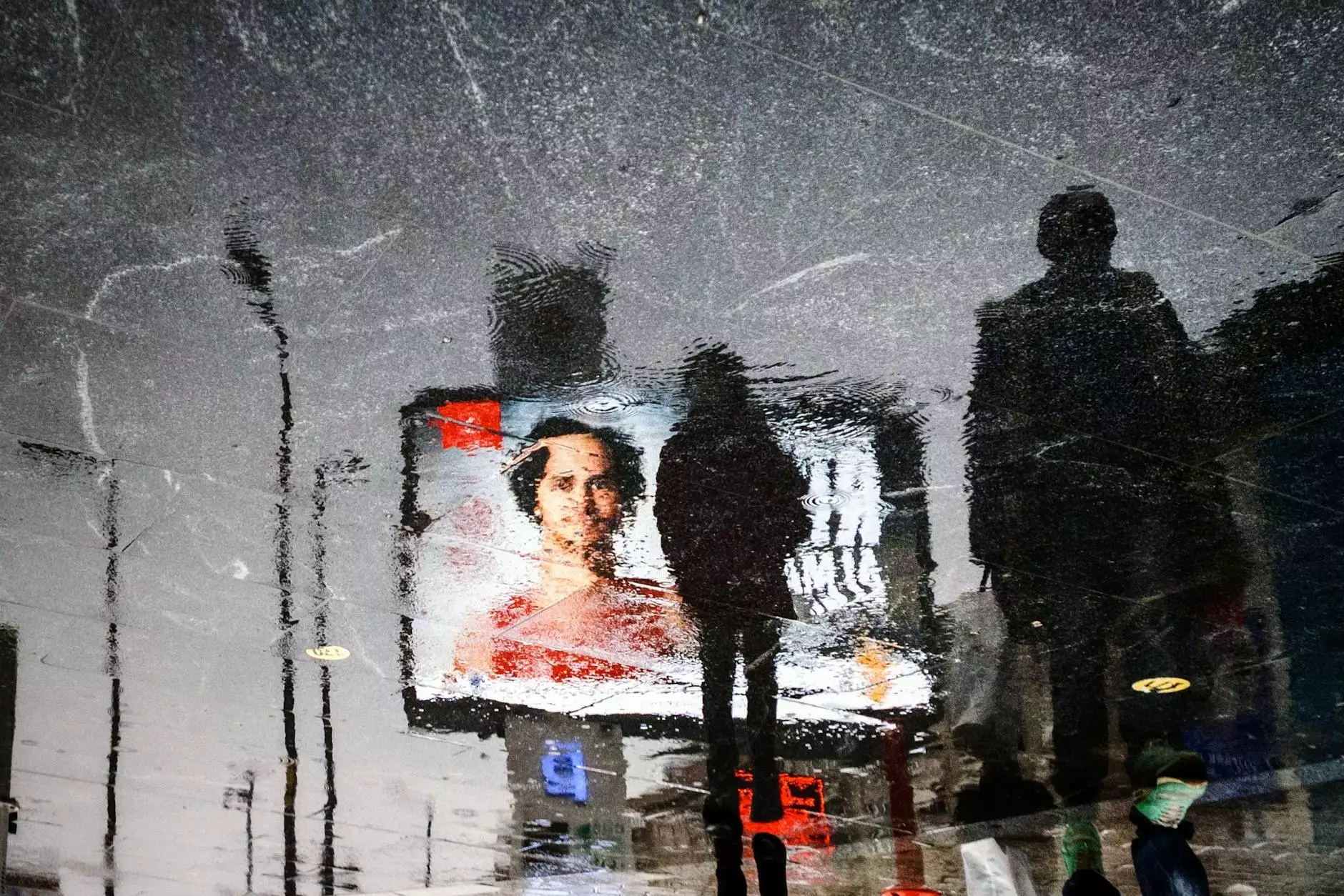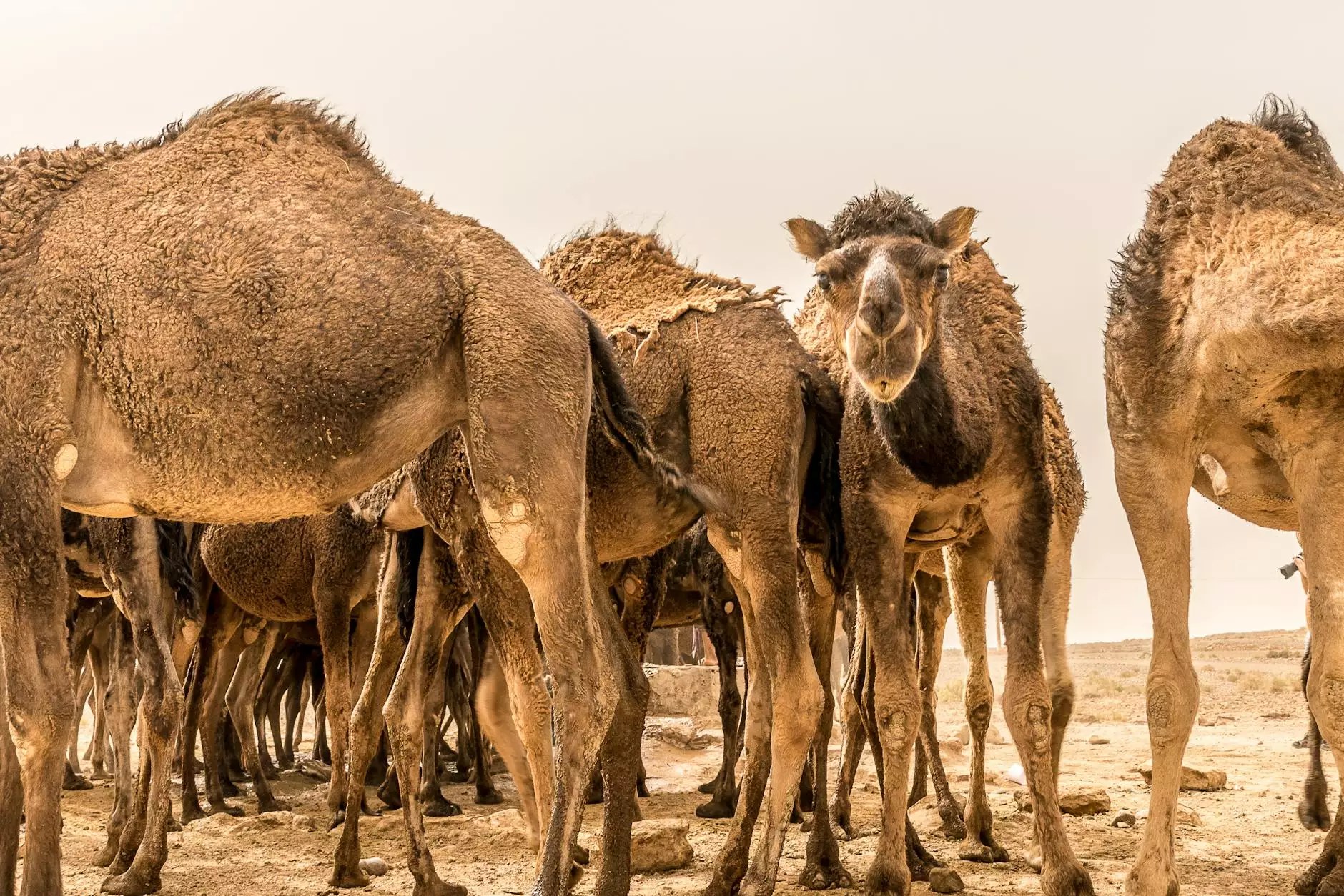How Much Does It Cost to Climb Mount Everest?

The majestic Mount Everest, standing tall at 8,848 meters (29,029 feet), is not just a breathtaking sight; it’s a dream for many adventurers and climbers. But what comes with such an ambitious goal? One of the most pressing questions for potential climbers is: how much does it cost to climb Mount Everest? In this comprehensive guide, we will delve into the various costs associated with climbing this iconic peak, the services you may need, and how to prepare for such a life-changing experience.
Understanding the Cost of Climbing Everest
The cost of climbing Mount Everest can vary significantly based on several factors, including the route selected, the time of year, and the level of service provided by guiding companies. On average, climbers can expect to spend between $30,000 and $100,000 for a successful expedition. Let’s break down these costs into more manageable parts.
Types of Costs Involved
- Permit Fees: The Nepalese government charges a permit fee to climb Everest, which can cost around $11,000 per person. This fee contributes to the preservation and management of the area.
- Guiding Services: Hiring a reputable guide or expedition company is crucial for safety and success. Costs can range from $5,000 to $70,000 depending on the experience of the guides, the services they offer, and the number of climbers in your team.
- Equipment Costs: Specialized climbing gear is essential for Everest. Essentials can include climbing boots, crampons, ice axes, tents, and sleeping bags. On average, a climber may spend between $2,000 and $10,000 on equipment.
- Travel and Accommodation: Getting to Nepal, travel within the country, and accommodation in Kathmandu can add another $2,000 to $5,000 to your budget. This includes flights, food, and lodging before and after the expedition.
- Health and Safety: Medical checks, insurance, and evacuation plans are vital. Comprehensive travel insurance that covers mountaineering can cost between $300 and $1,200.
Detailed Breakdown of Costs
Now that we've outlined the general expenses, let’s take a closer look at each category to understand the associated costs better.
1. Permit Fees
The cost of the Everest climbing permit is fixed by the Nepalese government. As mentioned, this fee is approximately $11,000 for each climber. This fee can vary slightly, especially if you’re attempting to climb via the less-frequented routes or taking part in a large expedition with multiple climbers.
2. Guiding Services
Choosing a guiding company is one of the most crucial steps in your climbing preparation. Here are some options:
- Budget Operators: These can charge as little as $5,000 but usually offer minimal services, which may not include adequate support.
- Mid-Range Operators: These typically offer a better experience at a cost of around $20,000. They may include more support staff and better gear.
- High-End Operators: The best climbing companies charge around $50,000 to $70,000 and provide luxurious services including private Sherpas, gourmet meals, and superior gear.
3. Equipment Costs
Your equipment needs to be durable and suited for extreme conditions. Essential items include:
- High-altitude mountaineering boots
- Crampons and ice axes
- Weather-resistant tents and sleeping bags
- Climbing harnesses and helmets
Investing in high-quality gear is critical for your safety and success. You can rent some equipment if you're not ready to make an outright purchase, but be sure to check the reliability and condition of rental items.
4. Travel and Accommodation
As part of your adventure, you’ll need to arrange several aspects of travel:
- Flights: Flights to Kathmandu from major international airports can range from $800 to $2,000.
- Local Travel: Once in Nepal, you’ll need to take a flight to Lukla (around $150 each way), plus any local transportation costs.
- Accommodation: Hotels in Kathmandu cost between $20 to $200 per night, depending on comfort levels, plus meals.
5. Health and Safety Costs
Prioritizing health and safety is non-negotiable. This includes:
- Medical Check-ups: Routine medical examinations that ensure you are fit for climbing.
- Insurance: Look for robust travel insurance that covers altitude climbing.
- Evacuation Plans: In case of emergencies, some expeditions offer evacuation coverage, which can significantly increase overall costs.
Additional Considerations
When calculating the total cost of climbing Everest, consider additional expenses like tips for guides and Sherpas, satellite phone rentals for communication, and any personal costs in base camp.
Training and Preparation: Crucial Steps Towards the Summit
Preparing for an expedition like this goes beyond financial readiness. The physical and mental training required cannot be overstated. Here are some essential preparation steps:
Physical Training
A robust training regimen should include:
- Endurance training: Running, hiking, or cycling for several hours at a time.
- Strength training: Focusing on your core, legs, and upper body.
- Altitude conditioning: Spending time at high altitudes to acclimatize.
Mental Preparation
Climbing Everest is as much a mental challenge as it is physical. Here’s how to gear up mentally:
- Practice mindfulness and stress management techniques.
- Visualize success and strategize for challenging weather and conditions.
- Build a resilient mindset to push through the toughest moments.
The Role of Sherpas
One cannot discuss the costs of climbing Mount Everest without acknowledging the invaluable contribution of the Sherpa community. Sherpas are expert mountaineers, familiar with the terrain, weather patterns, and culture of the mountain. Hiring a Sherpa can cost about $4,000 to $6,000 each, but they provide crucial assistance that profoundly increases the odds of a successful climb.
Final Thoughts: Is It Worth the Cost?
Ultimately, the question of whether the cost to climb Mount Everest is worth it is subjective. For many climbers, the thrill of standing atop the world’s highest peak far outweighs the financial burden. It’s a challenge that tests personal limits, builds camaraderie, and creates lasting memories. If you’re committed to taking on Everest, you must prepare thoroughly—both financially and physically—to maximize your chances of success.
This article is brought to you by Himalayan Dream. We specialize in Tours, Travel Services, and Walking Tours tailored for the adventurous spirit.









